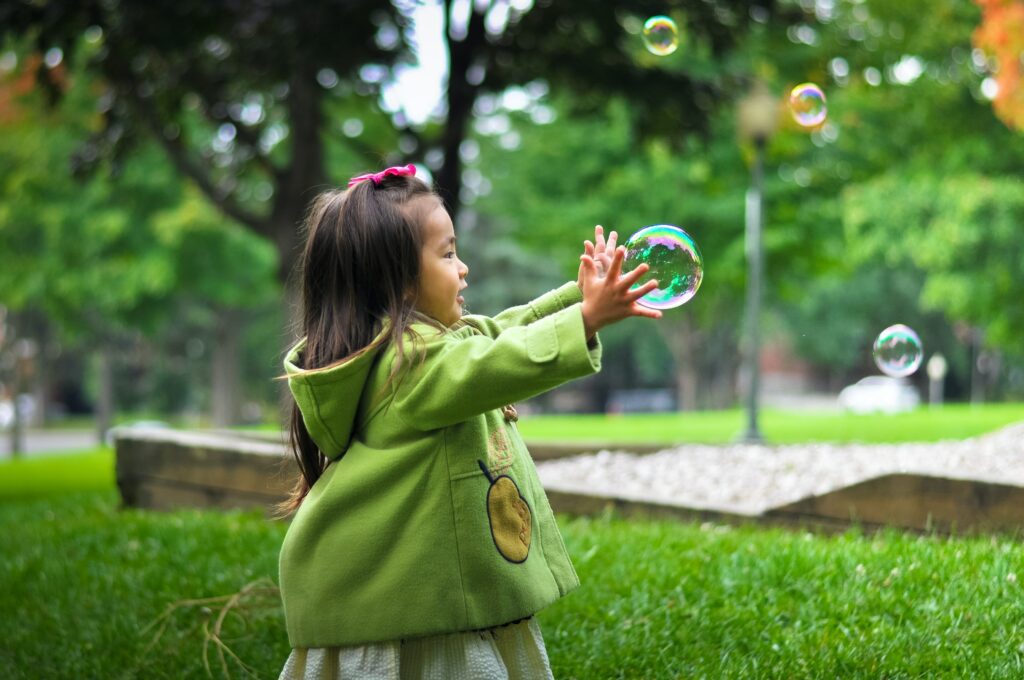Autism spectrum disorder (ASD) is a neurodevelopmental disorder that affects communication and behavior in both children and adults. ASD symptoms can range from mild to severe, and common struggles may impact social interaction, verbal and nonverbal communication, behavior, and sensory functions.
To help children with autism reach their full potential, it’s important to know what to expect, the many therapies and interventions available, and the ways in which you can create a positive environment.
Not sure where to start? Here are a few ideas for creating a safe space that will support, comfort, and nurture your child if they are struggling with autism spectrum disorder.
Schedules and Consistency are Key
Trying to figure out what your child needs and when can often be challenging. Schedules are an invaluable tool in helping both parents and children establish predictability, stability, and consistency in their lives. With a schedule in place, children with autism may feel that the day is more organized and will be less likely to experience a sensory overload due to changes in their environment.
Reward Good Behavior
All parents want to see their children succeed, and this is especially true for those with children with autism who struggle with behavioral issues. While many children learn best through positive reinforcement, the most effective tool in shaping the future habits and behaviors of children with autism is by rewarding good behavior.
Rewards can be anything from verbal praise and hugs to a special treat or privilege. By praising good behavior, it helps them learn appropriate social behaviors and encourages them to repeat those positive actions in the future. Behavioral therapy and reward systems are often used together to further help children with autism improve their social skills and behavior.
Make Them Feel Safe
Children with autism often struggle with feeling safe during periods of frustration, stress, sadness, and fear. To offer relief during these periods, one of the best things to do is create a safe space where they feel comfortable and accepted, without fear of judgment or criticism. By creating this type of environment for a child with autism, it helps them feel more secure and relaxed, which can encourage communication and socialization.
A safe “space” can take on many forms, including a designated room, a corner in your home, or certain items that make them feel calm and happy.
Be Attentive and Conscientious of Sensory Triggers
From loud noises and intense visuals to certain smells, textures, and tastes, autistic children are often hypersensitive to such stimuli. When exposed to any sensory trigger, it can cause severe feelings of anxiety, stress, discomfort, and frustration.
As a parent, it’s important to be aware of these triggers and do your best to avoid or mitigate them whenever possible. If you’re not sure what your child’s sensory triggers are, ask a therapist who specializes in treating ASD for guidance. There are many helpful resources available online as well. While learning and identifying a child’s sensory triggers takes time and patience, being mindful of such sensitivities will help foster an environment where your autistic child feels safe and supported.
Make Time for New & Familiar Activities
There is no one-size-fits-all answer to helping children with autism, especially if they have a hard time connecting with other children and participating in typical childhood activities. However, incorporating new or familiar activities into their routine can often help them to learn and develop more effectively. It has also been shown to improve their ability to socialize, learn, and feel comfortable with new things or people.
Autism Treatment Options at North Jersey Health & Wellness
If you suspect your child may have autism, our team can provide an evaluation and diagnosis, which can make a world of difference in finding the right tools and treatments to support them. We also offer a broad range of therapy treatments for children and adults struggling with ASD. All our treatments are tailored to the individual’s unique needs and can include behavioral, cognitive, and medicinal techniques, among others.
If you are interested in learning more about ASD and exploring our evaluation or treatment options, contact us at njhwllc.com/contact/ and someone from our team will connect with you soon!
